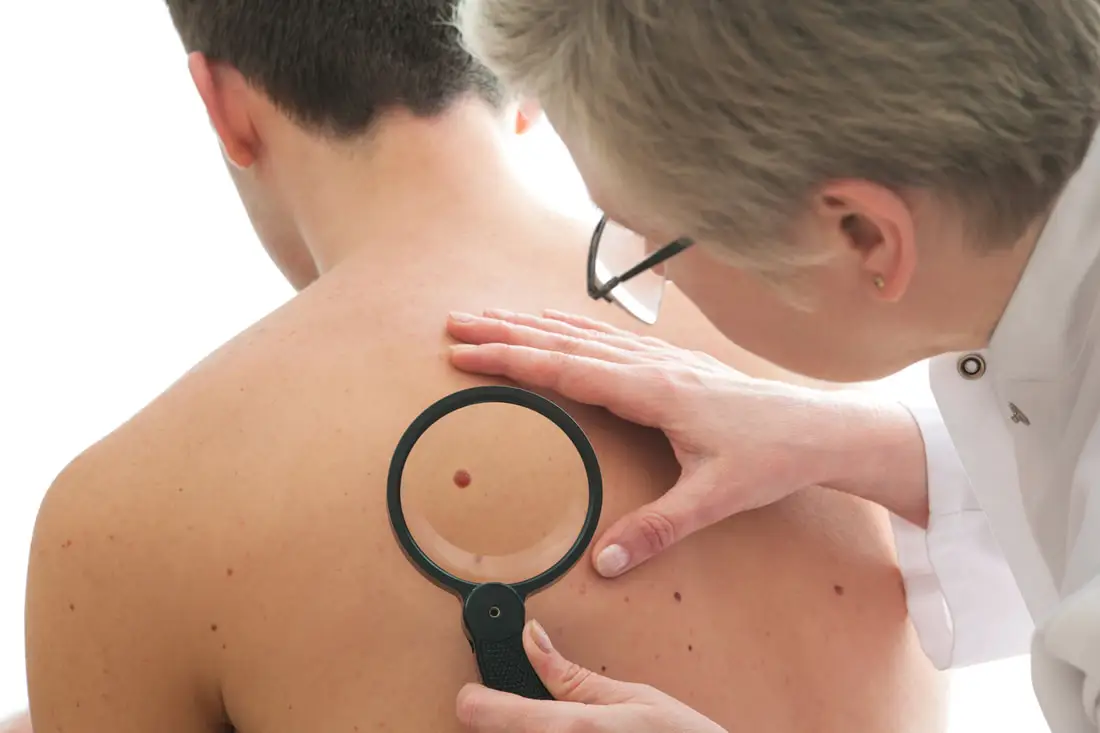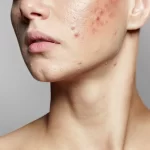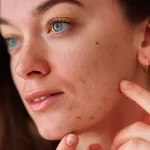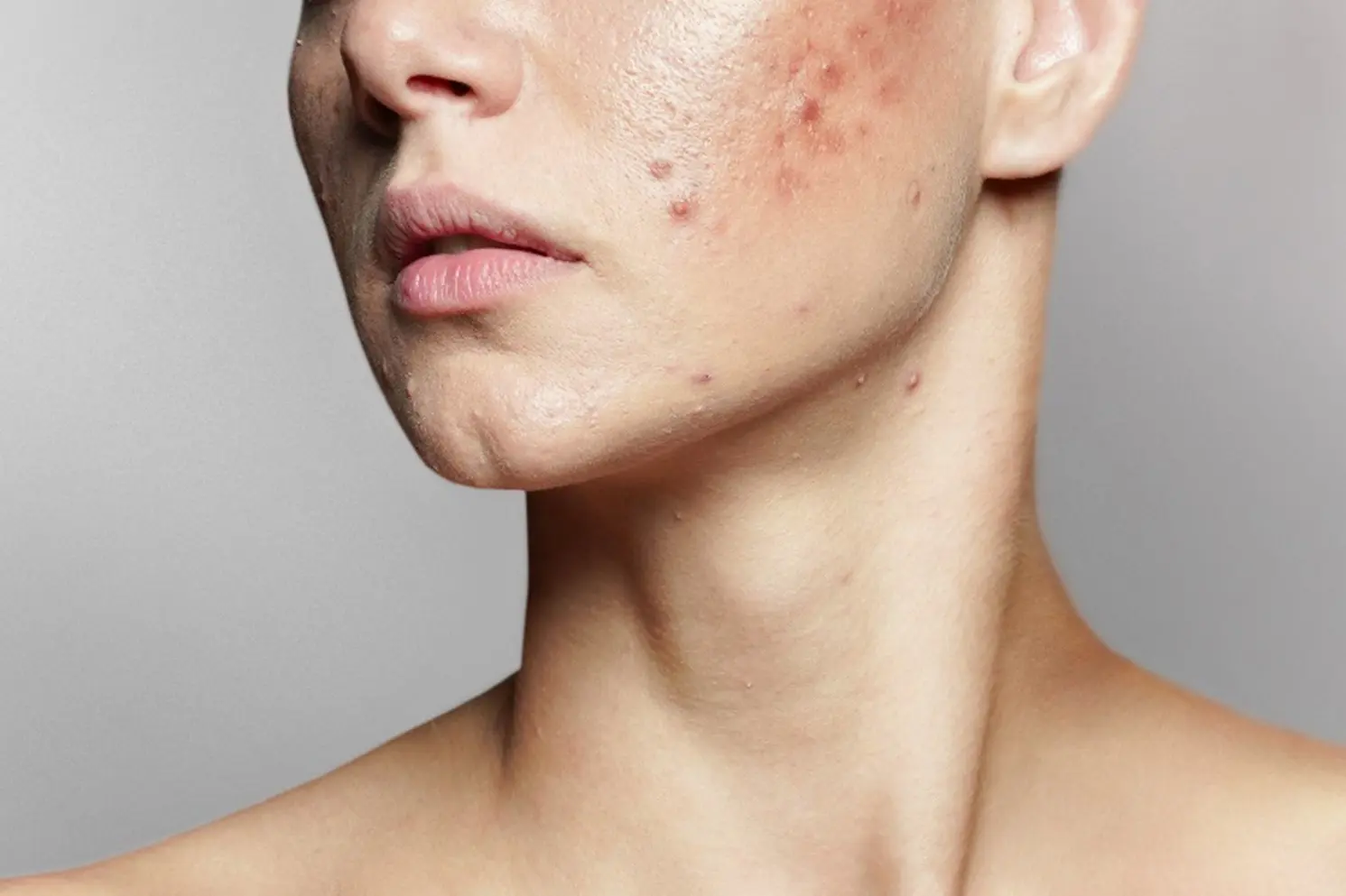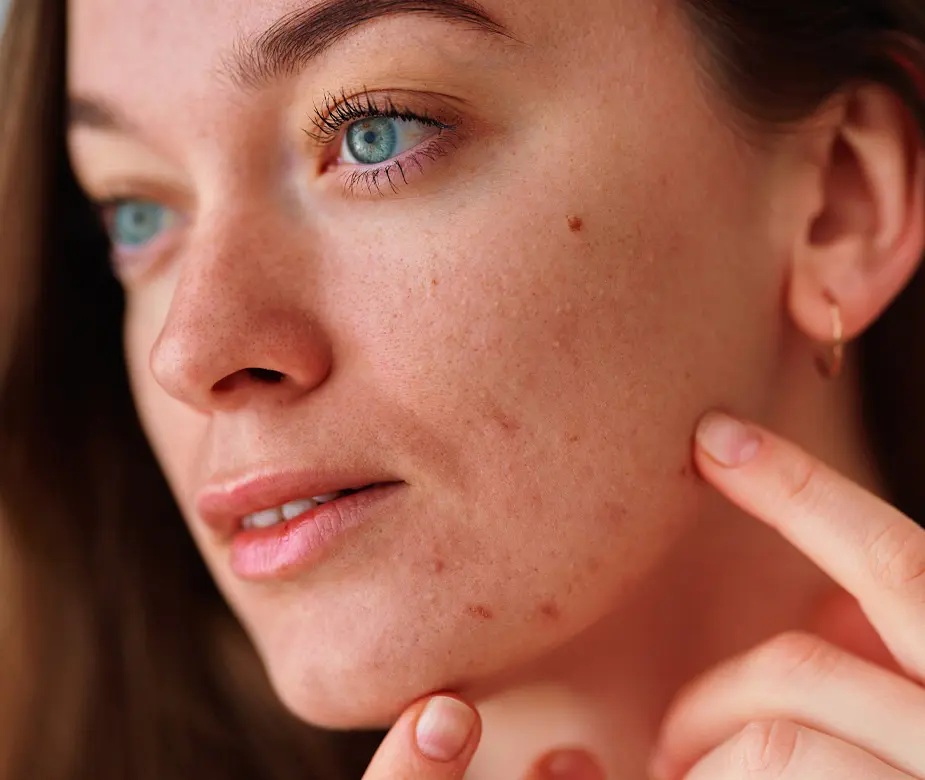Knowing the types of skin doctors helps you get the right care for your needs. DermOnDemand, gives fast, private access to board-certified dermatologists. Whether it’s acne, hair loss, or a serious skin condition, the right specialist can help you quickly.
Key Takeaways
- There are six main types of skin doctors, each specializing in treating specific skin, hair, and nail conditions.
- Additional subspecialties like phototherapy and immunodermatology address rare or complex skin diseases requiring advanced care.
- Choosing the right dermatologist depends on your condition, with medical dermatologists for diseases, surgical for skin cancers, and cosmetic for aesthetic concerns.
- DermOnDemand, led by Dr. Alicia Atkins, provides fast, private online access to board-certified dermatologists for diagnosis and treatment.
- FAQs and practical advice in the article help users understand when to see each type of specialist and how to access care online.
Understanding the Different Types of Skin Doctors
Medical Dermatologists – Treating Skin Diseases
Medical dermatologists focus on treating skin, hair, and nail problems. They help with common issues like acne, eczema, and hair loss. They also look at your medical history to give safe, long-term care.
These doctors diagnose and treat many conditions affecting the skin. They may use creams, pills, or in-office treatments like chemical peels or laser therapy.
Medical dermatologists diagnose and treat many common and chronic skin problems. These include acne, rosacea, psoriasis, and infections affecting the skin, hair, and nails.
They also manage conditions like eczema and perform minor procedures when needed. Treatments may involve topical medications, oral drugs, or therapies such as phototherapy for more stubborn cases.
Surgical Dermatologists – Skin Cancer and Procedures
Surgical dermatologists perform procedures to remove growths, cysts, and skin cancers. They use Mohs surgery for skin cancers, which removes cancer cells while saving healthy skin.
You may see them if you have suspicious moles or need surgery for diseases of the skin hair or nails.
Cosmetic Dermatology – Enhancing Skin Appearance
Cosmetic dermatologists focus on improving the look of your skin. They perform treatments like laser hair removal, chemical peels, and other cosmetic procedures to reduce scars, wrinkles, or sun damage.
DermOnDemand also connects you with cosmetic dermatology experts for discreet care at home.
Pediatric Dermatologists – Caring for Children’s Skin
Pediatric dermatologists are trained to treat skin, hair, or nail problems in children. They help with conditions like birthmarks, eczema, and infections.
Pediatric dermatologists also guide parents on caring for skin conditions that may grow more serious over time.
Dermatopathologists – Biopsies and Diagnoses
Dermatopathologists are specialized in diagnosing skin diseases by studying tissue samples. They are key when doctors need to confirm a diagnosis for rare or serious conditions affecting the skin.
They often work with medical dermatologists to create precise treatment plans.
Trichologists – Hair and Scalp Disorders
Trichologists focus on hair loss, scalp infections, and other problems affecting hair health. They can help find causes like stress, hormones, or disease.
They work with dermatologists to provide complete care for both health and appearance of your hair.
Additional Dermatology Specialties to Know
Beyond the six main types of skin doctors, other subspecialties are offering advanced care. These specialists treat rare or complex conditions and often work in hospitals or academic centers.
Some examples include:
- Phototherapy Specialists – Treat diseases like psoriasis and vitiligo using controlled light-based therapies.
- Immunodermatologists – Focus on autoimmune skin diseases such as lupus, pemphigus, and dermatomyositis.
- Cutaneous Oncologists – Manage advanced skin cancers requiring coordinated treatments beyond surgery.
Choosing the Right Skin Specialist for Your Needs

Which Doctor Is Best for Your Skin?
The best doctor depends on your needs. For common skin conditions like acne or psoriasis, see a medical dermatologist. For aesthetic changes, cosmetic dermatologists offer treatments like laser hair removal or chemical peels. For suspicious growths or skin cancers, surgical dermatologists are key.
Check that your doctor is board-certified to ensure safe care.
Dermatologist vs Skin Surgeon – When to See Each One
Dermatologists are medical experts in diagnosing and treating skin, hair, and nail conditions. Skin surgeons are specialists who perform procedures like Mohs surgery to remove skin cancers.
If your condition needs surgery, your dermatologist may refer you to a skin surgeon.
Fast Access to Dermatology Care Online
How Online Prescriptions Work With DermOnDemand
With DermOnDemand, you can get a prescription without leaving home. Fill out a secure form, and a board-certified dermatologist reviews your medical history. You’ll receive a plan within 24 hours for treating skin, hair, or nail concerns.
Private, Board-Certified Care With 24-Hour Access
DermOnDemand, led by Dr. Alicia Atkins, provides fast and discreet care. Their experts diagnose and treat many conditions, from hair loss to cosmetic procedures, all online.
FAQs About Skin Doctors and Dermatology Care
Can I See a Dermatologist Online?
Yes. DermOnDemand lets you consult a dermatologist and get a personalized plan quickly.
What’s the Fastest Way to Get a Prescription?
Submit your case on DermOnDemand, and you’ll get your prescription in about 24 hours.
Do I Need a Referral for a Skin Specialist?
No. You can directly contact DermOnDemand for expert care.


